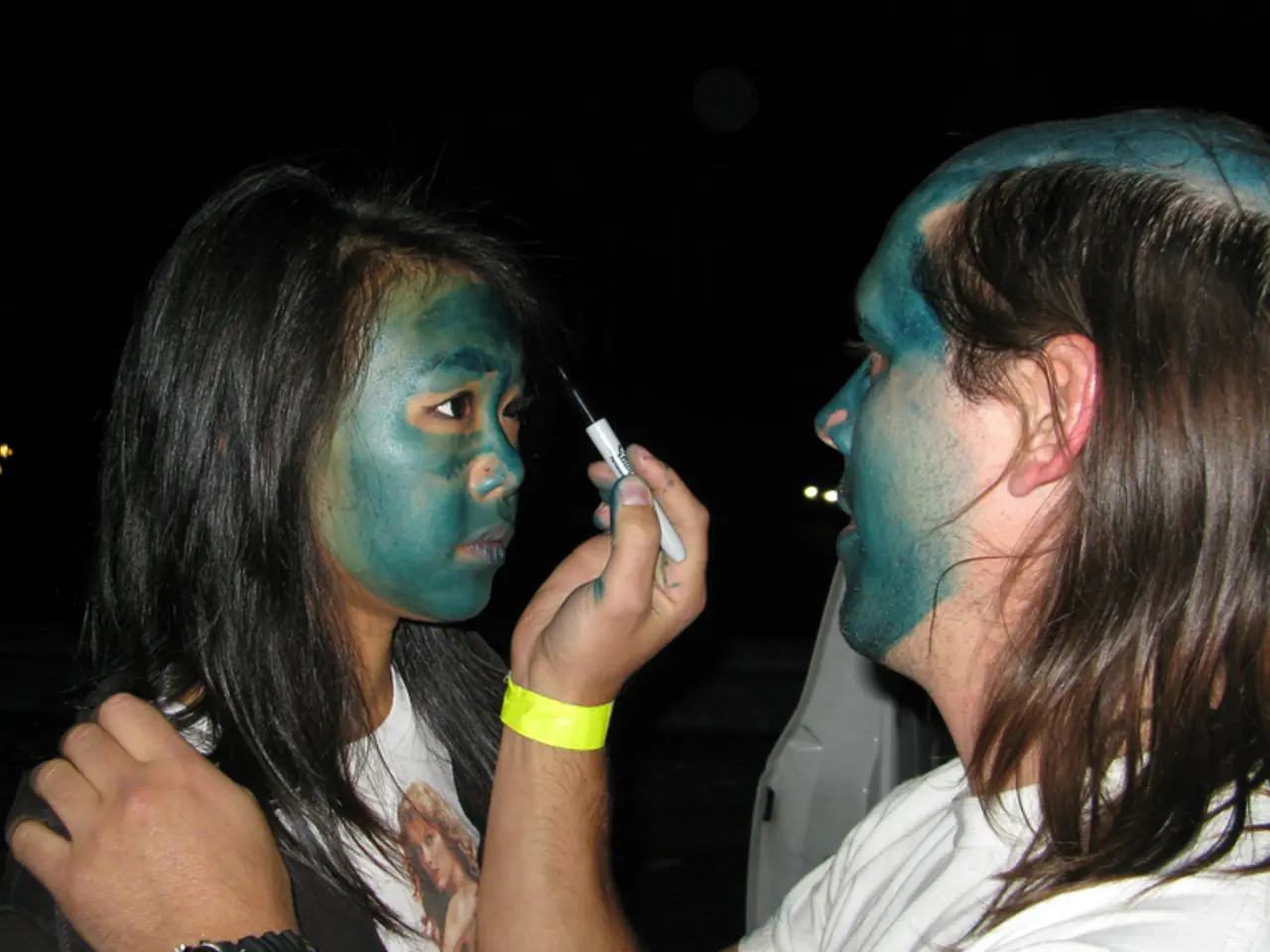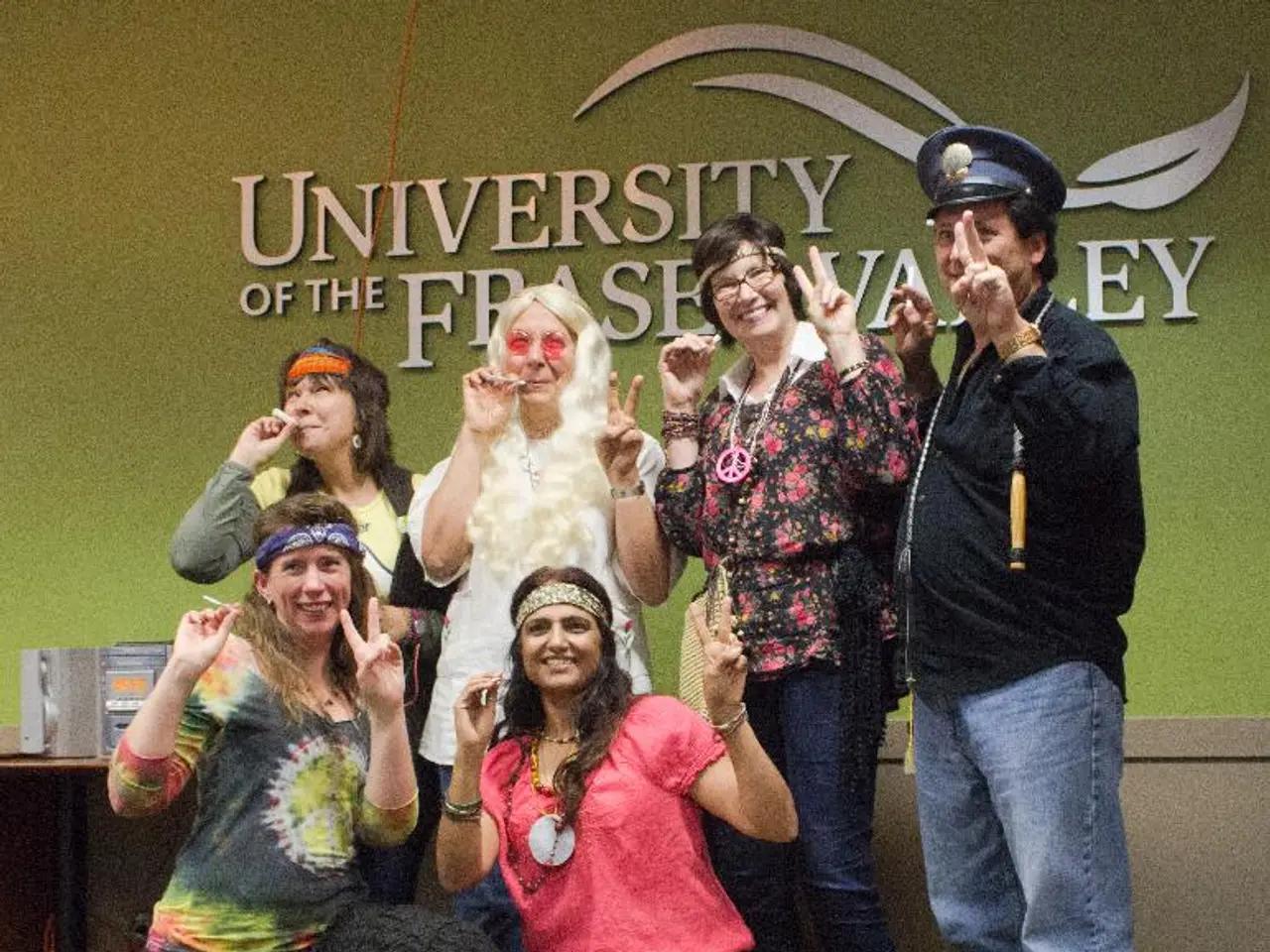Left-handedness and its association with increased creativity could be a misconception.
In a groundbreaking study led by Daniel Casasanto at Cornell University, over a century of research on handedness and creativity has been comprehensively reviewed and analysed [1]. Contrary to popular belief, the study found no scientific evidence supporting a correlation between left-handedness and greater creativity [2].
The study, published in Psychonomic Bulletin & Review, included 17 studies with nearly 50 effect sizes, focusing on laboratory tests for divergent thinking such as the Alternate Uses Test (AUT), the Remote Associates Test (RAT), and the Torrance Tests of Creative Thinking (TTCT) [3]. Across all these tests, left-handed participants showed no consistent advantage. In some cases, such as with the Alternate Uses Test, right-handed individuals scored slightly higher.
The belief that left-handed people are more creative is not supported by data. This notion, the study suggests, is due to factors like "left-handed exceptionalism," cultural notions, and statistical cherry-picking [4]. For instance, the popular belief that famous creative geniuses like Leonardo da Vinci or Jimi Hendrix being left-handed implies an inherent creative advantage is an example of statistical cherry-picking [5]. When looking at unbiased samples across many professions, the supposed left-handed superiority in creativity disappears.
The study also analysed occupational data from nearly 12,000 people working across 770 professions. Left-handers were modestly overrepresented in art and music, but underrepresented in most of the highly creative fields, particularly ones like physics, mathematics, and architecture. Right-handers, by contrast, were overrepresented in these demanding creative professions [1].
The study's findings encourage a shift in perspective when it comes to creativity. Rather than focusing on handedness, the conversation should be reframed as less about which hand one uses and more about how one uses their mind. Celebrating a child's creativity should focus on what they might imagine and create, regardless of which hand they use to hold the brush.
In summary, the longstanding notion that left-handedness correlates with enhanced creativity is a myth not supported by empirical evidence. As we continue to explore and understand the complexities of the human mind, it's essential to approach such topics with an open mind and a commitment to factual accuracy.
References: [1] Casasanto, D. (2021). The Myth of Left-Handed Exceptionalism. Psychonomic Bulletin & Review. [2] Casasanto, D., & Jasmin, A. (2019). Handedness and Creativity: A Meta-Analysis. Psychological Bulletin. [3] Casasanto, D., & Xu, Y. (2016). Myths about handedness and creativity. Current Directions in Psychological Science. [4] Casasanto, D., & Choi, S. (2013). The hand that writes history: How our brains shape our cultural institutions. Current Opinion in Behavioral Sciences. [5] Casasanto, D., & Henkel, E. (2011). The hand that dominates: How handedness shapes the way we think. Current Directions in Psychological Science.
- The study published in Psychonomic Bulletin & Review, led by Daniel Casasanto at Cornell University, found no scientific evidence to support a correlation between left-handedness and greater creativity, contrary to popular belief.
- The belief that left-handed people are more creative, as seen in the perceived creative advantage of figures like Leonardo da Vinci and Jimi Hendrix, is an example of statistical cherry-picking.
- In analyzing occupational data from nearly 12,000 people working across 770 professions, the study found that left-handers were underrepresented in highly creative fields like physics, mathematics, and architecture, while right-handers were overrepresented in these demanding creative professions.
- As we continue to conduct research in the field of science, it's essential to approach topics like handedness and creativity with an open mind and a commitment to factual accuracy, reframing the conversation to focus on how one uses their mind, rather than which hand they use.




